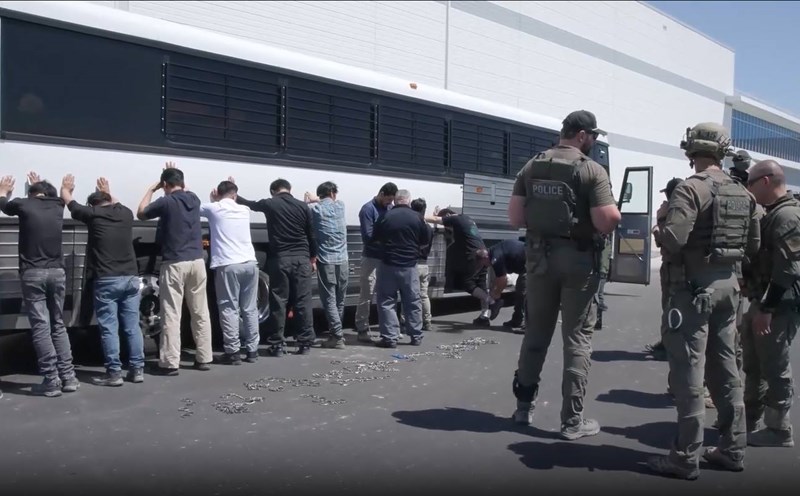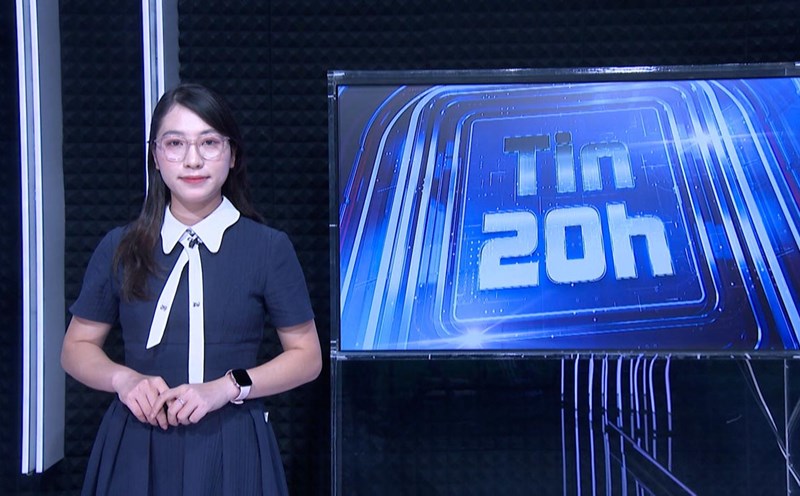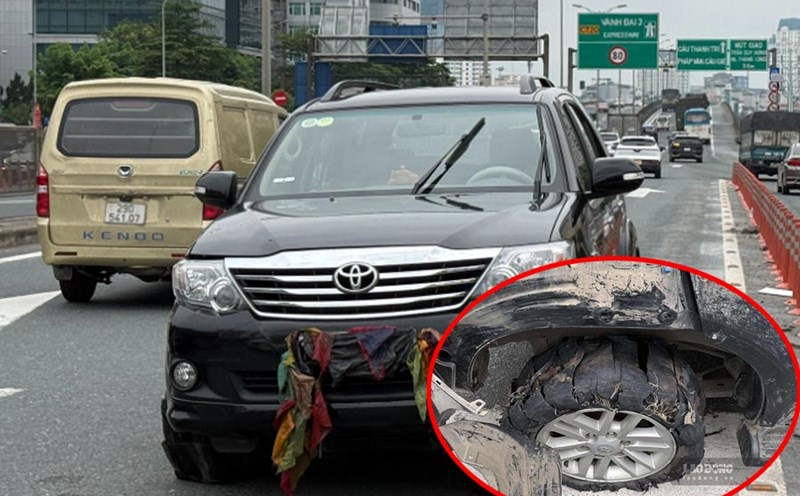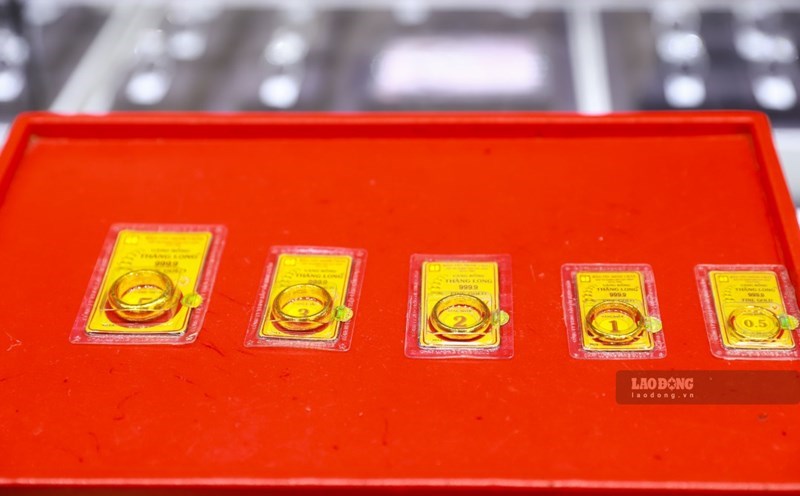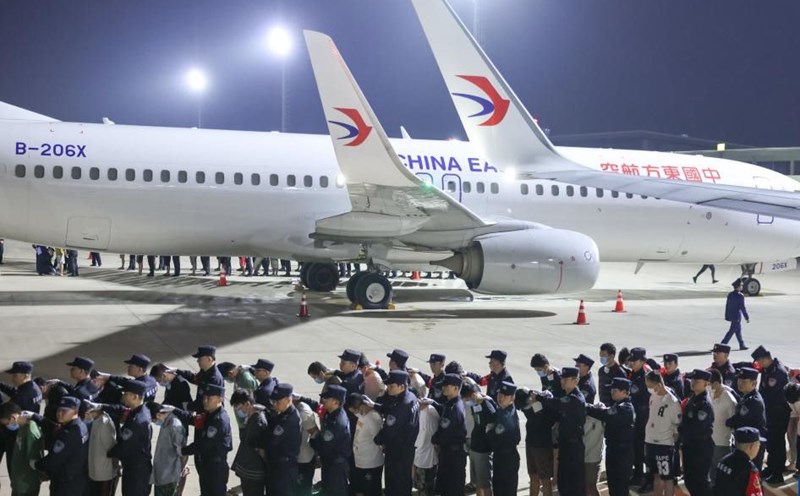On October 13, South Korean Industry Minister Kim Jung Kwan said the government had expressed dissatisfaction with the Hyundai giant, after the company announced major investment plans in the US while the two countries were conducting important trade negotiations.
Responding to questions before the parliament, Mr. Kim Jung Kwan said: "We have told Hyundai that their actions are very regrettable, especially since our efforts are for the benefit of the Hyundai and Kia auto industries."
"I believe that Hyundai now fully understands the concerns of the Korean people," Kim Jung Kwan added, but declined to comment on Hyundai's reaction.
Previously, independent lawmaker Kim Jong Min criticized Hyundai for trying to "please" the Trump administration, thereby weakening South Korea's leverage in negotiations.
The moment Hyundai announced the new investment plan was the focus of criticism.
The announcement of increasing investment capital in the US by 32% (up to 11.6 billion USD) was issued just 2 weeks after a very sensitive event: Hyundai's factory in Georgia (USA) was raided by the US immigration force and hundreds of workers were arrested. This raid had previously caused a wave of shocks in South Korea.
South Korea's main goal is to convince the US to cut tariffs on cars, its main export commodity. This accidentally puts Hyundai, the country's largest automaker, at the center of all negotiations. As Mr. Kim Jong Min emphasized, this tariff negotiation is essentially "a negotiation for Hyundai", and therefore, the group's behavior has a direct impact on national interests.
This is not the first time Hyundai has made controversial major investment moves. In fact, a remarkable rule has been formed: Every time faced with pressure from the US, Hyundai seems to announce a new investment plan.
For example, in March, the group announced a $21 billion investment, and President Trump immediately imposed a 25% tariff on imported vehicles. In August, after a summit, the investment figure was increased to 26 billion USD.
Most recently, just two weeks after the Georgia factory raid, Hyundai's CEO has announced that it will produce more than 80% of its vehicles in the US by 2030. This is seen as a way to directly deal with US tariff barriers, but the South Korean government has seen it as an act that goes against common negotiation efforts.


